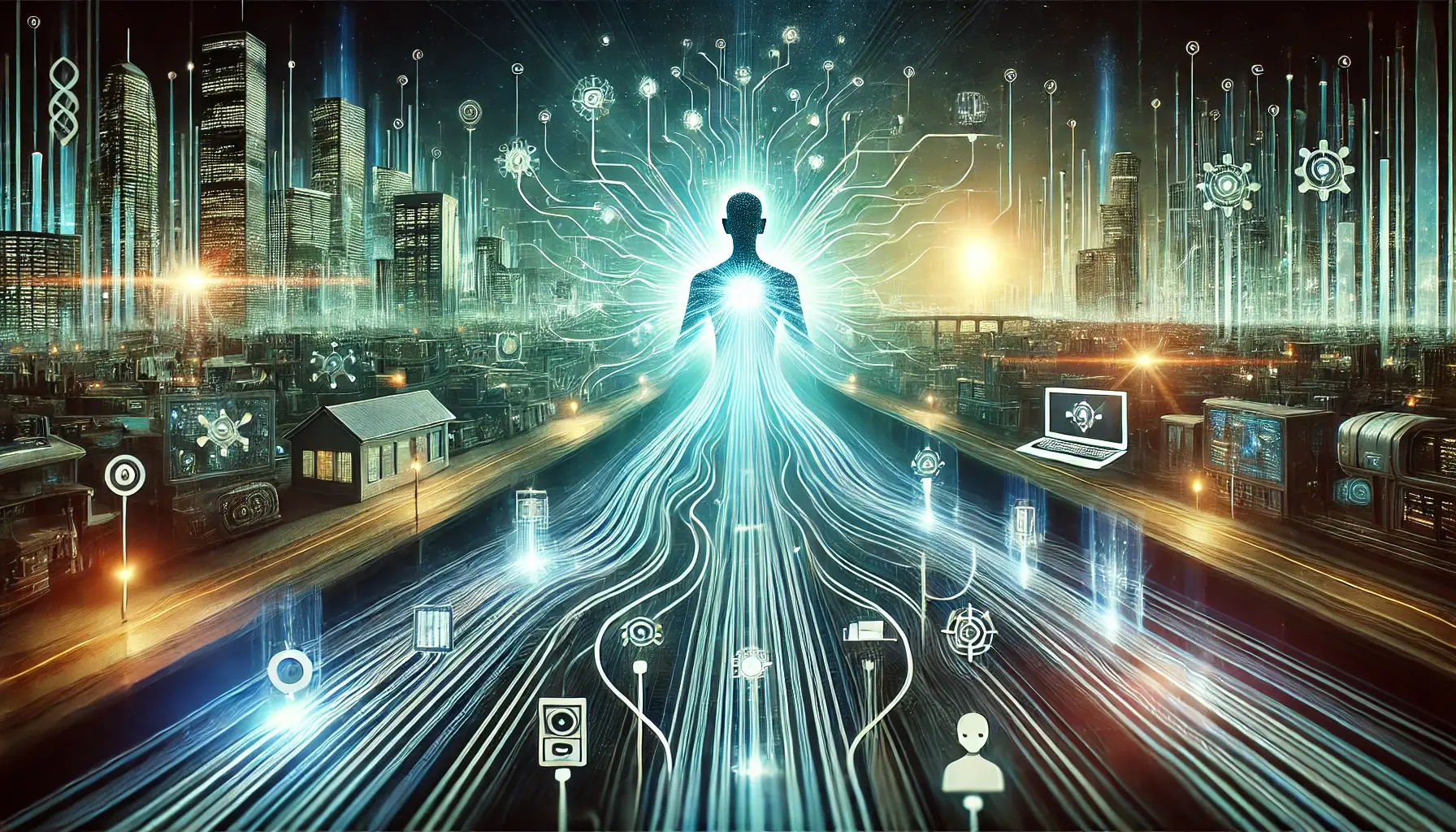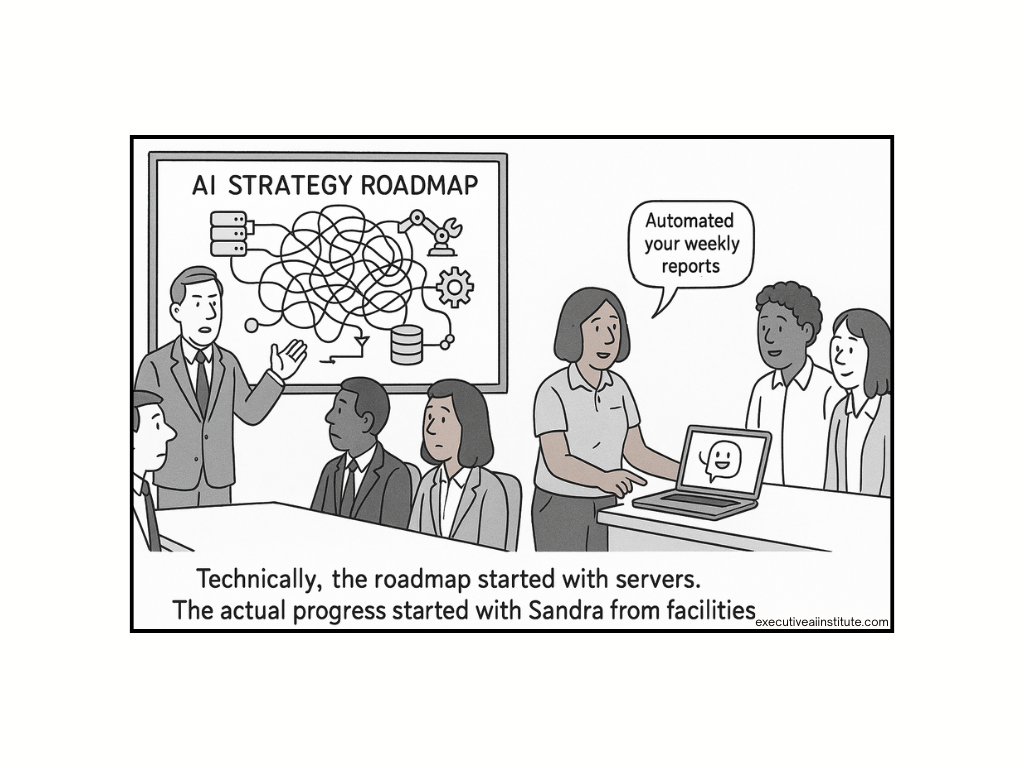It was the dawn of the internet revolution, you got past those dull dialup tones and for the first time you used a search engine, do you remember what thoughts ran through your head? Was it something like ‘wow, this is amazing, how does is archive the internet in seconds?’.
Well, a new dawn rises, and the AI revolution will astonish you much in the same way.
Artificial intelligence (AI) has come a long way in recent years, and it's now being used in a wide variety of applications. One such application is ChatGPT, which has been all over the news in the last few weeks. It is an AI tool that uses a natural language processing (NLP) system that uses machine learning algorithms to understand and respond to user input. This could be for anything, ranging from talking loneliness to custom coding.
As the sun rises on the AI revolution, we are beginning to witness technological capabilities that until now has only existed in sci-fi. In the not-too-distant future, it is likely that we will be able to stream intelligence in a way similar to how we currently stream the internet.
So, what exactly is "streaming intelligence", and how will it work? In simple terms, it involves using advanced algorithms and machine learning techniques to analyse and interpret large amounts of data in real-time, and then delivering the resulting insights and information to users in an easily accessible format. This could be done through a wide range of devices and platforms, including smartphones, tablets, laptops, and even wearable technology.
One of the key benefits of streaming intelligence is the ability to provide users with instant access to vast amounts of information and knowledge. This could be especially useful for industries that rely on quick and accurate decision-making, such as finance or healthcare. For example, a financial analyst could use streaming intelligence to quickly and easily access data on market trends and company performance, allowing them to make more informed investment decisions. In the healthcare field, streaming intelligence could be used to provide doctors with real-time access to medical records, research and practices, allowing for faster and more accurate diagnoses.
Another benefit of streaming intelligence is its ability to provide personalised and customised information to users. By using machine learning algorithms to analyse a user's past behaviour and preferences, streaming intelligence systems can tailor the information they deliver to individual users, providing them with the most relevant and useful information. This could be especially useful in education, where streaming intelligence could be used to provide students with personalised learning plans that are tailored to their individual needs and abilities.
In addition to providing instant access to vast amounts of information and personalised content, streaming intelligence also has the potential to improve collaboration and communication. By using real-time data analysis and machine learning, AI systems can help teams work together more efficiently and effectively, allowing for faster and more accurate decision-making. This could be especially useful in fields such as engineering or product development, where teams often need to collaborate on complex projects.
Of course, as with any new technology, there are also potential drawbacks and challenges to being able to stream intelligence in the same way we stream the internet. One of the main concerns is the amount of data that would be required to make streaming intelligence systems effective. This could put a strain on existing data storage and processing infrastructure, and could also raise privacy and security concerns if the data is not properly protected. Additionally, there is the potential for streaming intelligence systems to become overly reliant on data, leading to a lack of critical thinking and creativity.
The advent of streaming intelligence could also have a significant impact on the labour market. As more and more tasks are automated and performed by AI systems, there is a risk that some jobs will become obsolete, leading to potential unemployment and economic disruption.
To address this challenge, it will be necessary for society to re-envision our current economic models to account for the impact of streaming intelligence. This could involve a shift towards a more flexible and adaptable economy, with an emphasis on lifelong learning and skill development. It could also involve the development of new economic models that prioritise the well-being and prosperity of all members of society, rather than just a select few.
In the end, the key to navigating the challenges and opportunities presented by streaming intelligence will be to approach the technology with an open mind and a willingness to adapt. By embracing the potential of streaming intelligence and working together to develop new economic models that can support its growth, we can ensure that the benefits of this technology are shared by all members of society.
Despite these obstacles that need to be overcome, the potential benefits of streaming intelligence are vast. By providing instant access to vast amounts of information, personalised content, and improved collaboration, streaming intelligence has the potential to transform the way we access and use knowledge and information.




